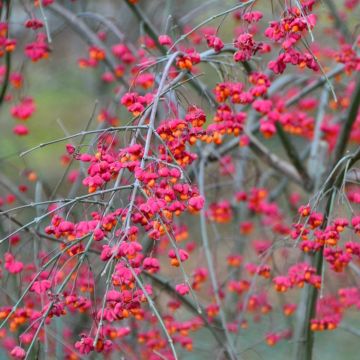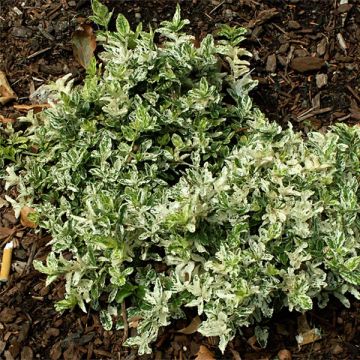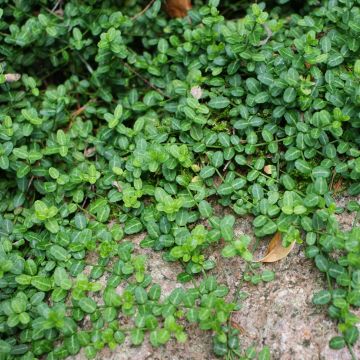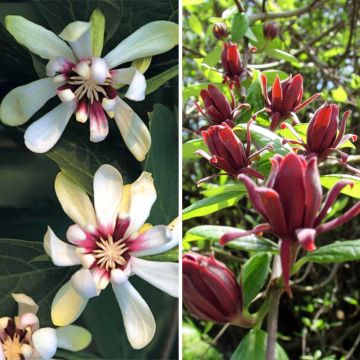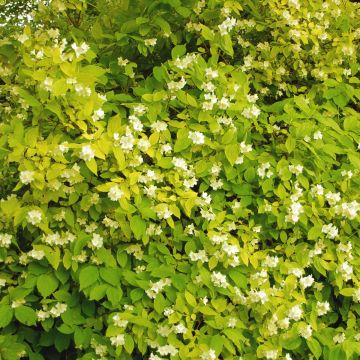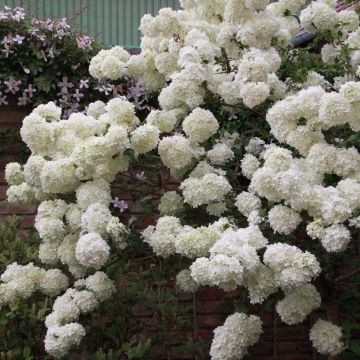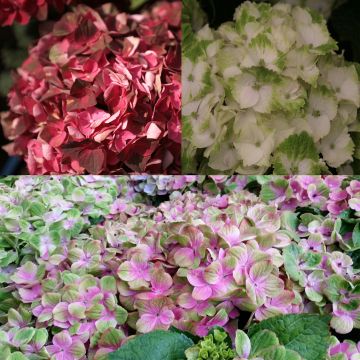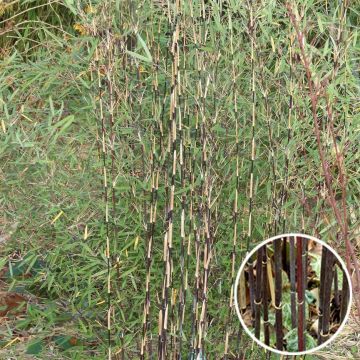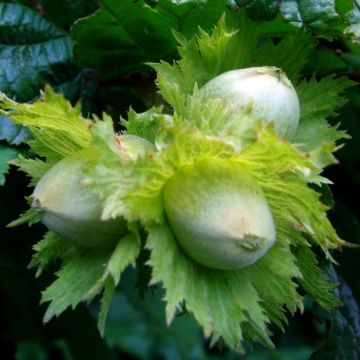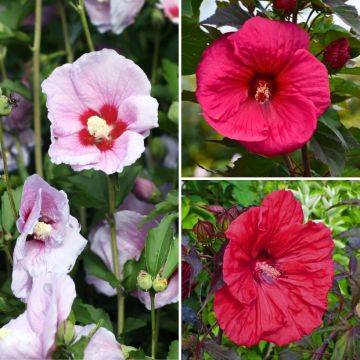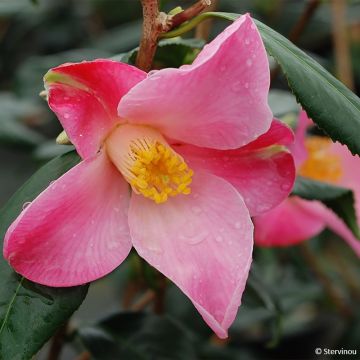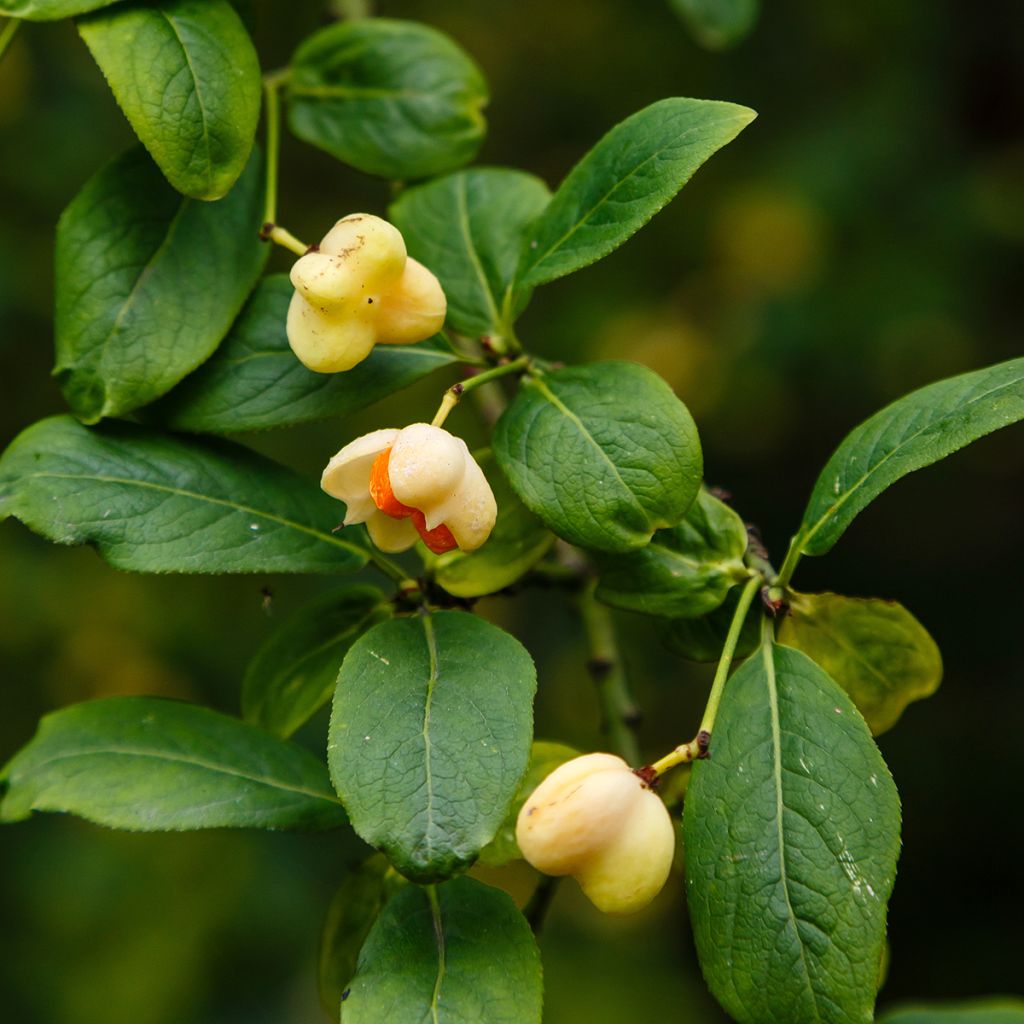

Euonymus europaeus Albus
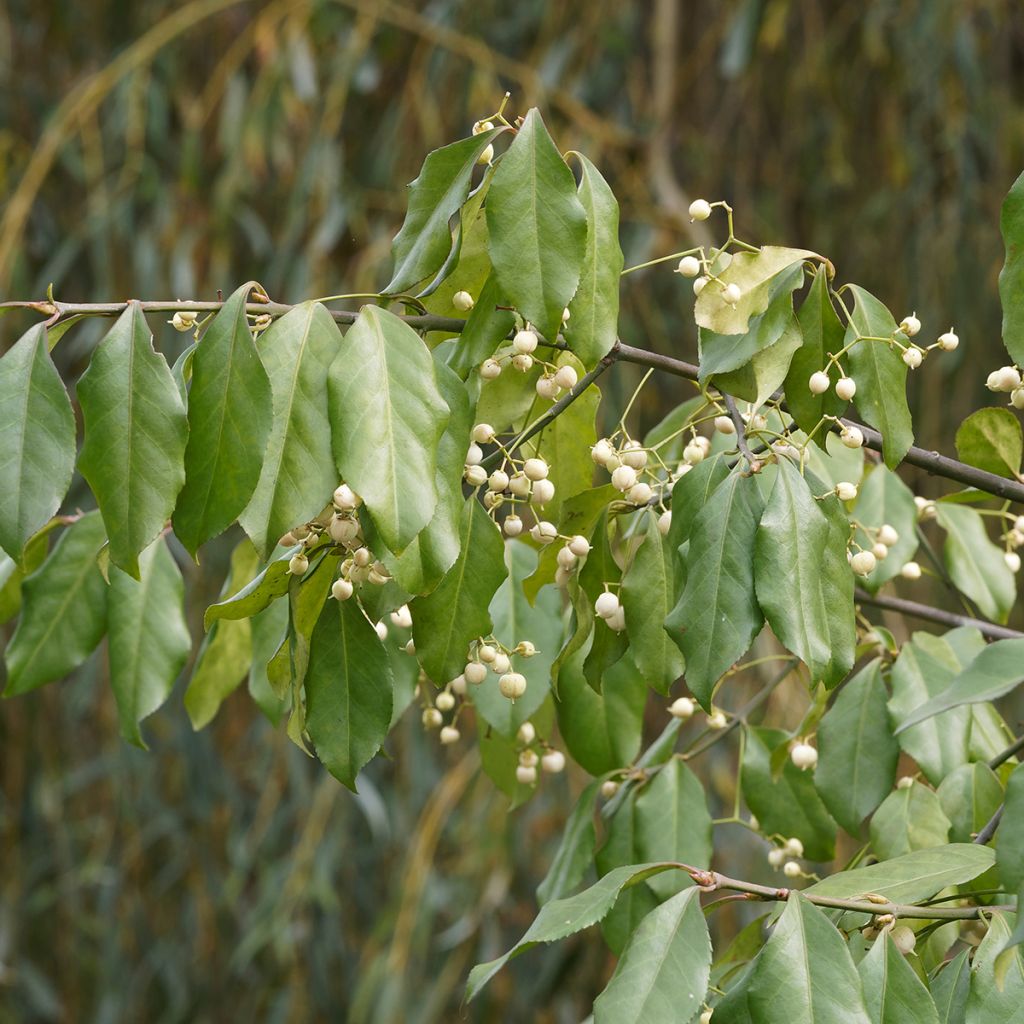

Euonymus europaeus Albus
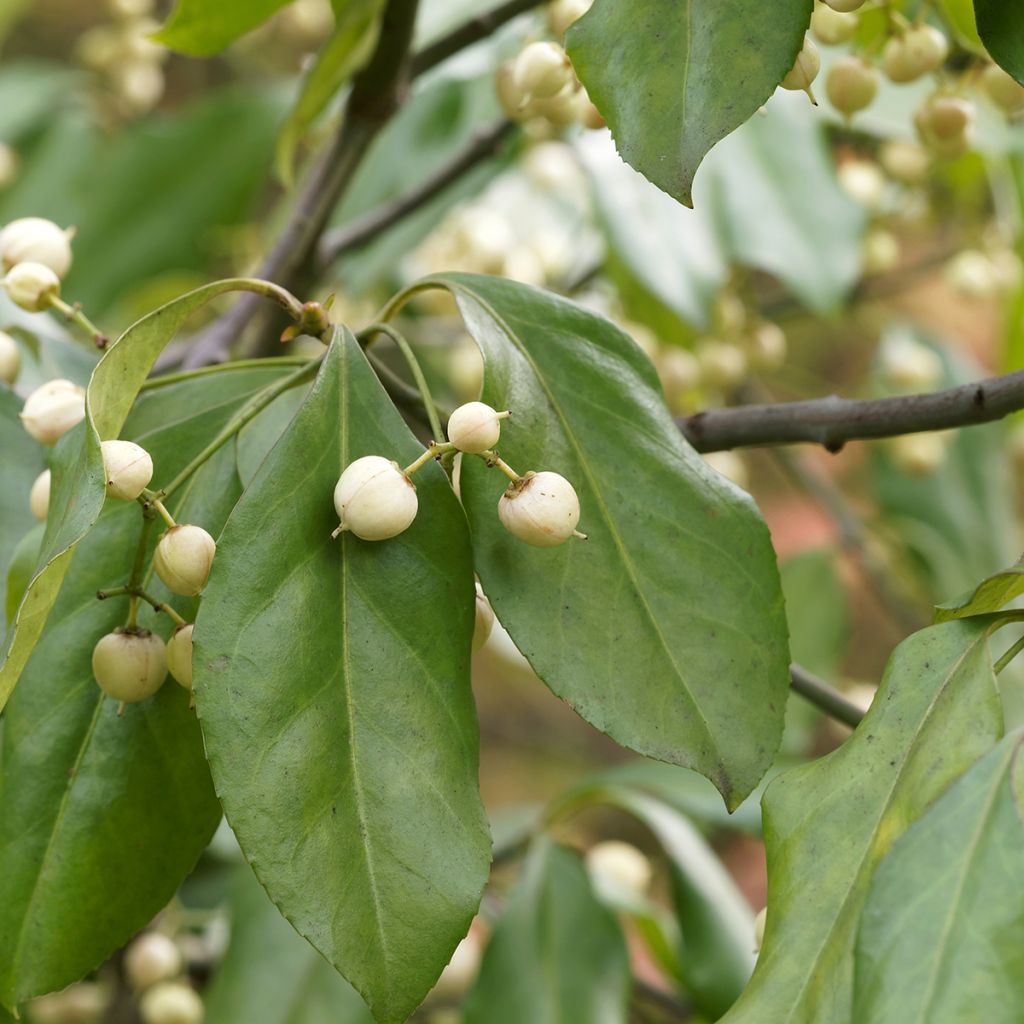

Euonymus europaeus Albus
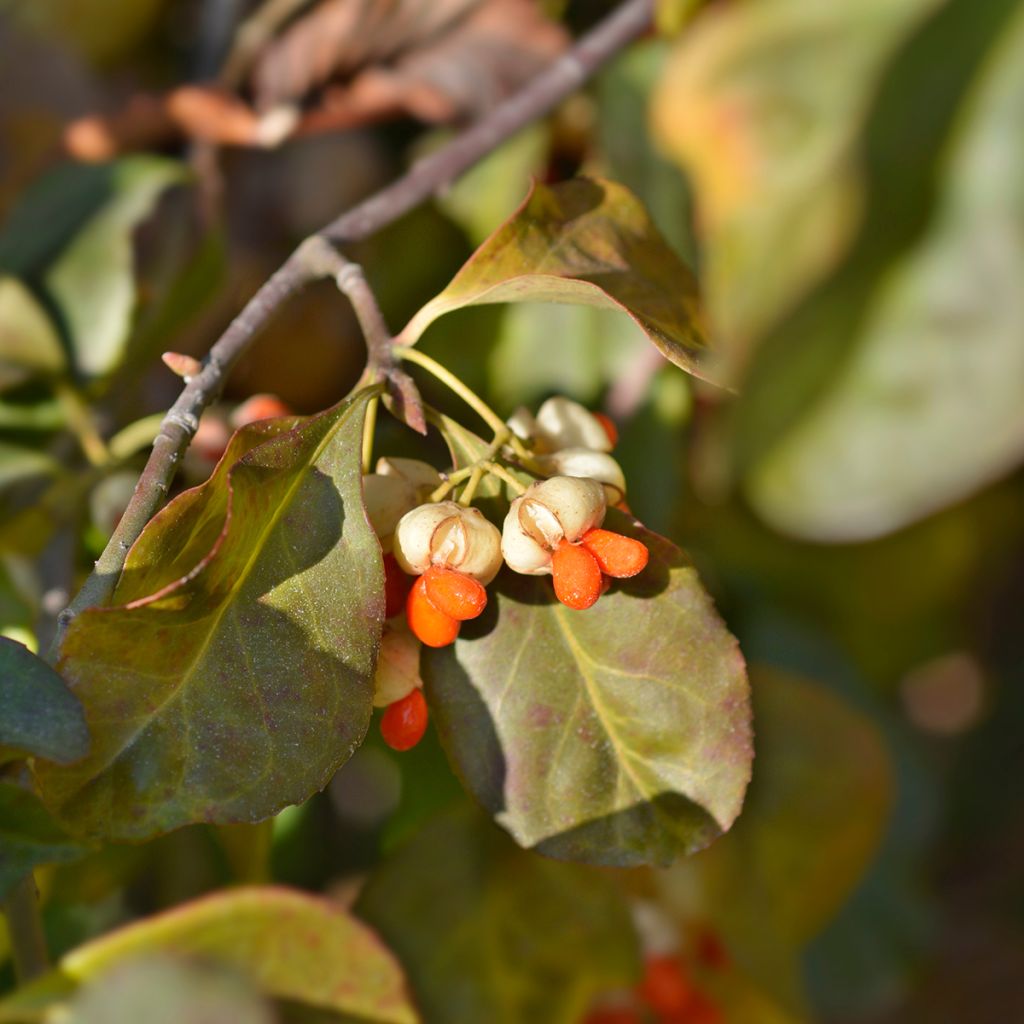

Euonymus europaeus Albus
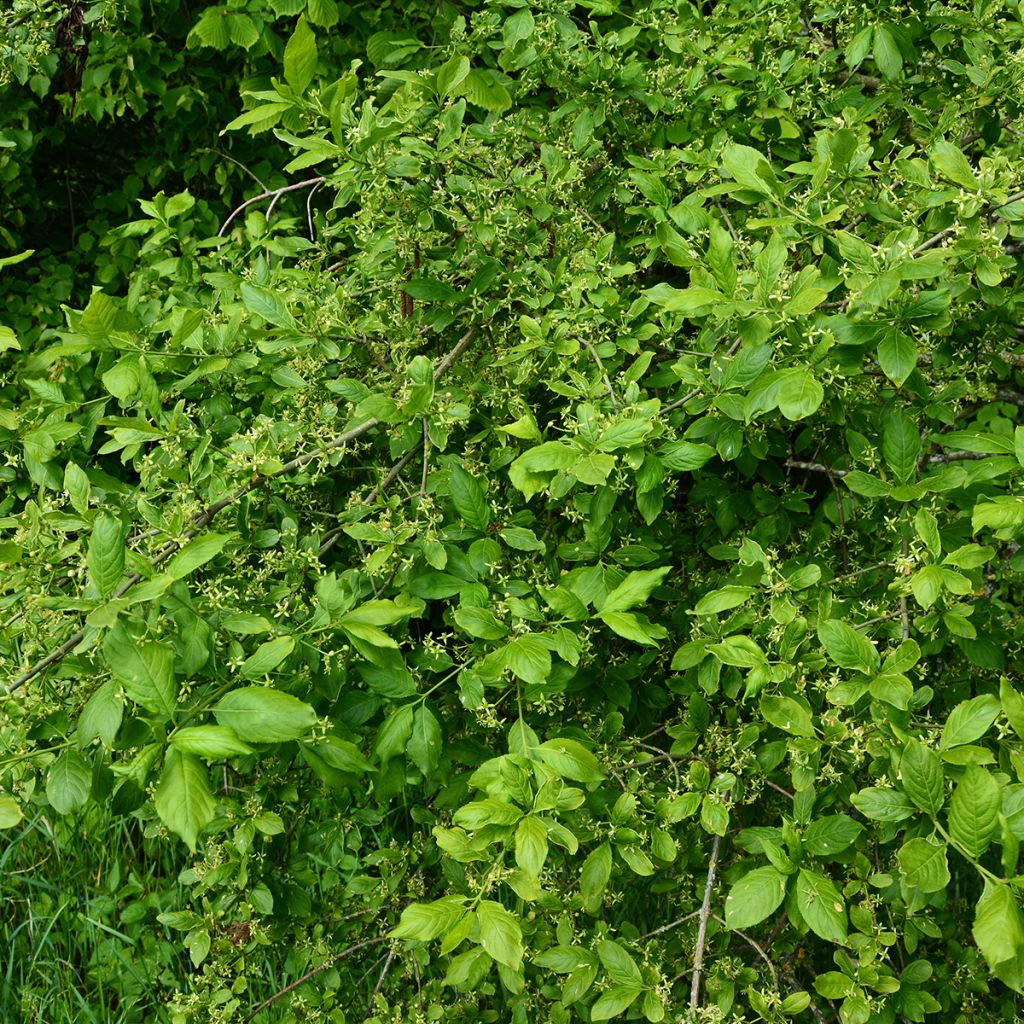

Euonymus europaeus Albus
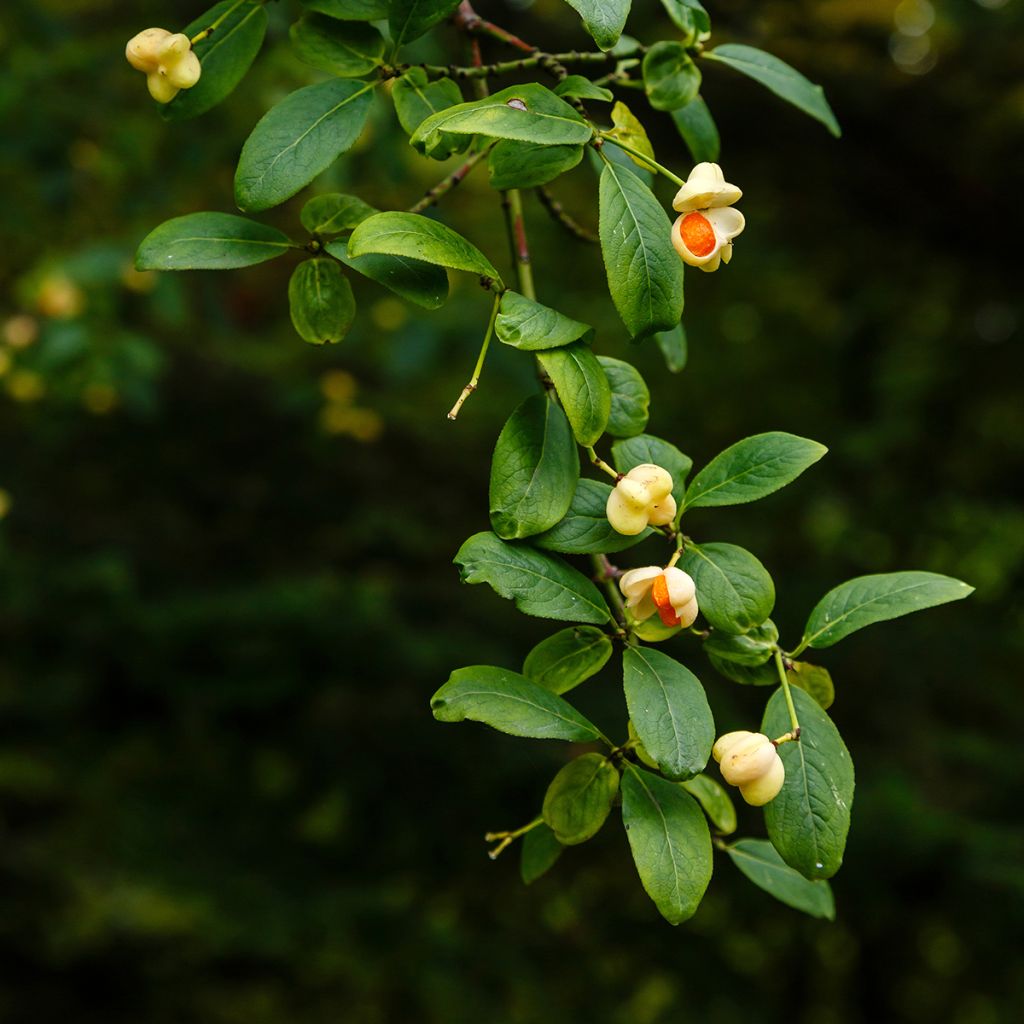

Euonymus europaeus Albus
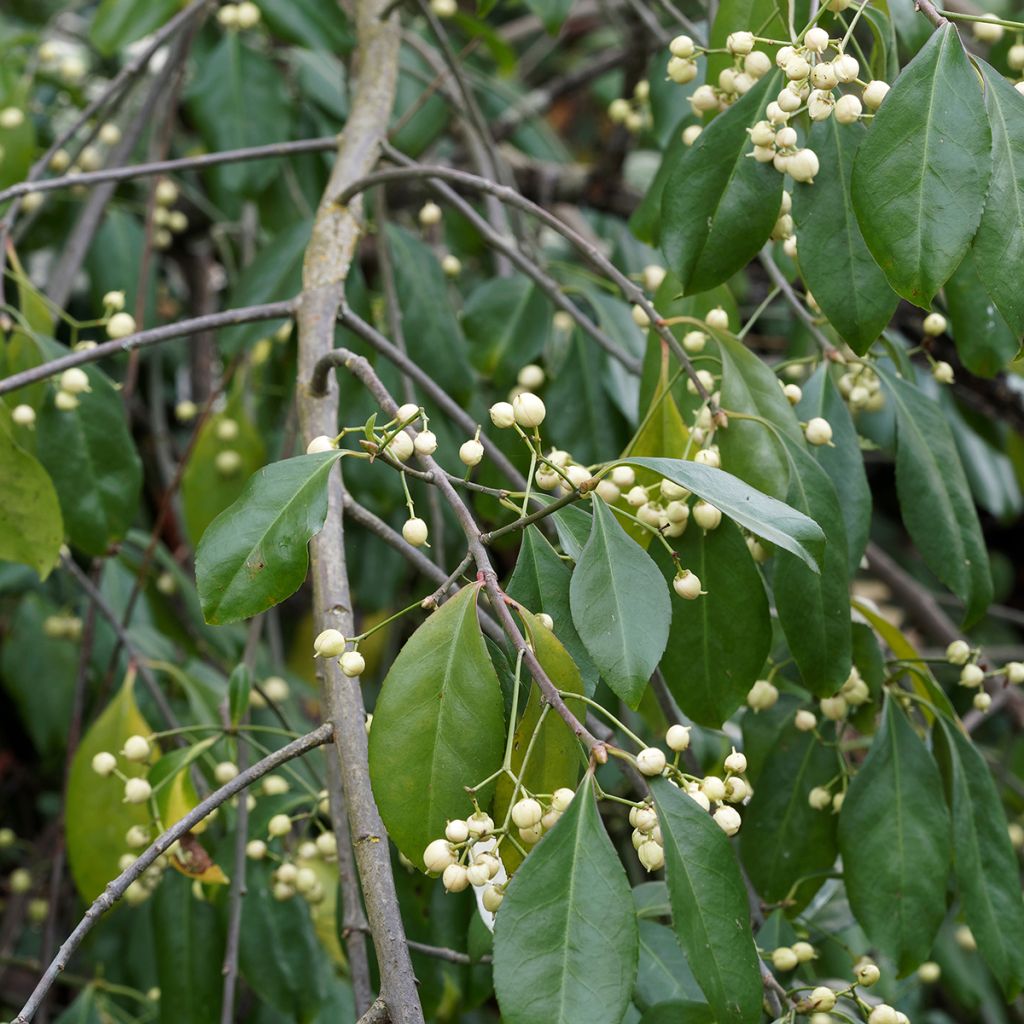

Euonymus europaeus Albus
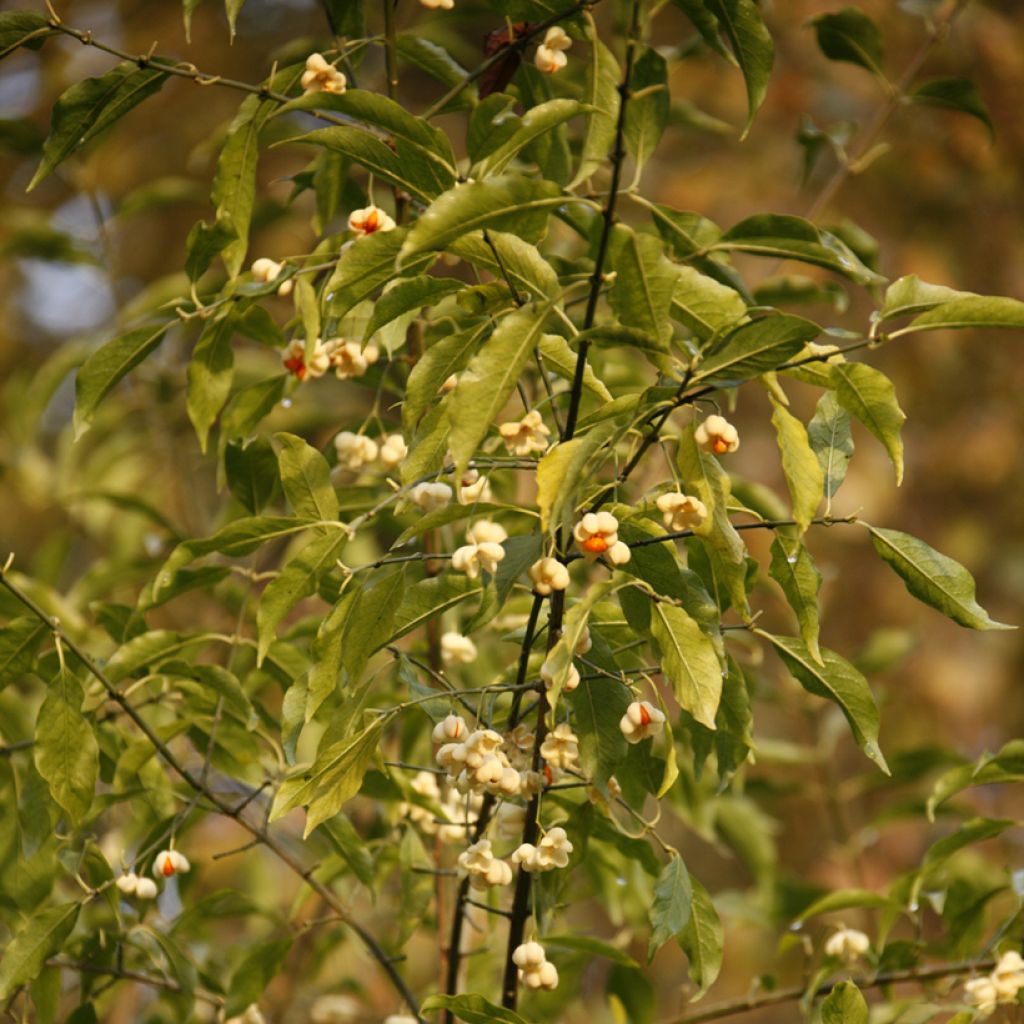

Euonymus europaeus Albus
Euonymus europaeus Albus
Euonymus europaeus Albus
Special offer!
Receive a €20 voucher for any order over €90 (excluding delivery costs, credit notes, and plastic-free options)!
1- Add your favorite plants to your cart.
2- Once you have reached €90, confirm your order (you can even choose the delivery date!).
3- As soon as your order is shipped, you will receive an email containing your voucher code, valid for 3 months (90 days).
Your voucher is unique and can only be used once, for any order with a minimum value of €20, excluding delivery costs.
Can be combined with other current offers, non-divisible and non-refundable.
Why not try an alternative variety in stock?
View all →This plant carries a 24 months recovery warranty
More information
We guarantee the quality of our plants for a full growing cycle, and will replace at our expense any plant that fails to recover under normal climatic and planting conditions.
Would this plant suit my garden?
Set up your Plantfit profile →
Description
Euonymus europaeus 'Albus', also known as E. europaeus f. albus, is a lesser-known form of European spindle or bishop's cap. It is characterised by the white colour - instead of pinkish-red - of the capsule of its fruits. From late summer to mid-winter, the flexible branches of this bush are adorned with beautifully bicoloured fruits, white around a bright orange berry. Its foliage takes on a pale yellow, slightly greenish, luminous and soft hue as soon as the first cool temperatures arrive. Ideal as a hedge, in a flower bed, or as a standalone plant to admire this unique fruiting.
Euonymus europaeus f. albus has probably been cultivated since 1770. The typical species with pinkish-red fruits is very common. It belongs to the celastraceae family. The Albus form is a fairly fast-growing bush with an upright and slightly spreading habit. At maturity, the plant will reach approximately 2.50 m in height and 2 m in spread. This spindle is not invasive and therefore remains good company for its neighbours. You can even lightly prune it to give it a neater silhouette.
Its branches, with greyish and slightly fissured bark, bear small leaves measuring 5 to 7 cm long. They are of a medium green colour, lanceolate in shape, with barely toothed edges. In April-May, small flowers appear which do not exceed 1 cm in diameter. They are white with yellow and green highlights and consist of 4 tiny petals and a green centre. Grouped in cymes, they attract pollinators and will gradually form quite original and highly decorative fruits. The capsule, formed by 4 white to ivory lobes, will gently open to reveal light and vivid orange fruits. They are toxic, as are other parts of the bush: leaves and bark. However, birds will eat them in winter.
Euonymus 'Albus' is hardy and will thrive best in full sun exposure, but also in partial shade. It is a low-maintenance bush perfectly adapted to our climates and soils. It can be planted as a hedgerow, combined with hawthorns, wayfaring tree, smoke tree, medlars and ornamental fruiting roses, in a flower bed, or as a standalone specimen in a collector's garden.
Report an error about the product description
Euonymus europaeus Albus in pictures
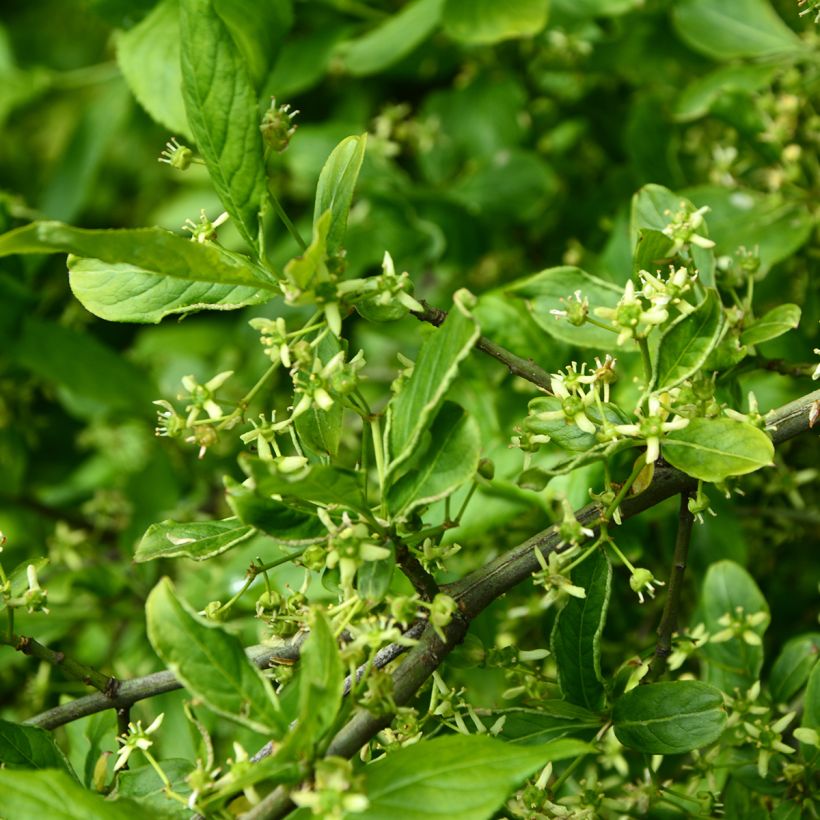

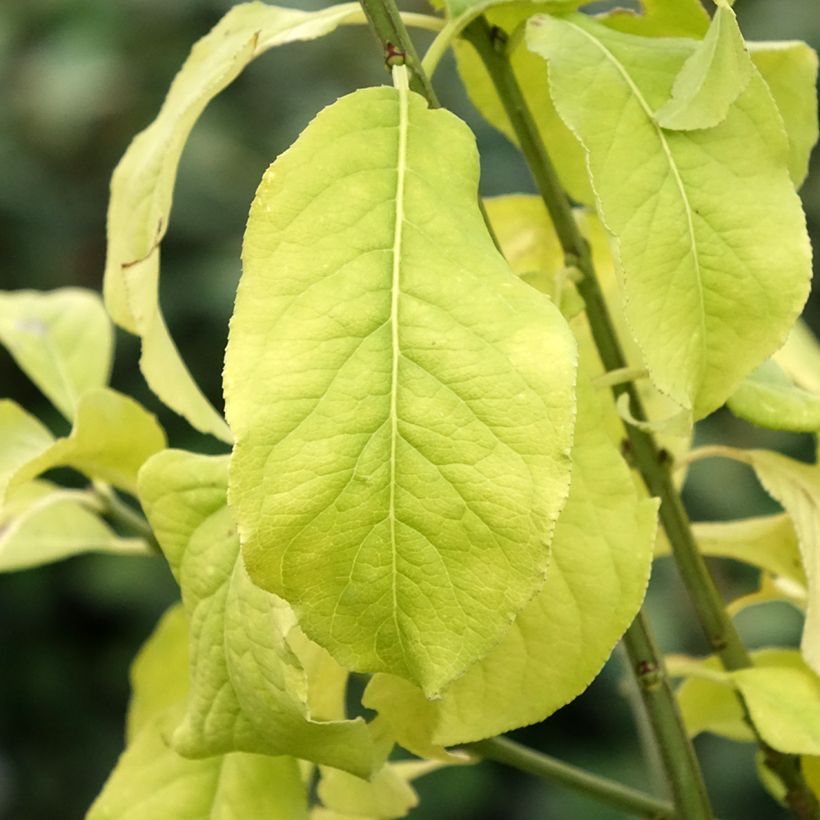

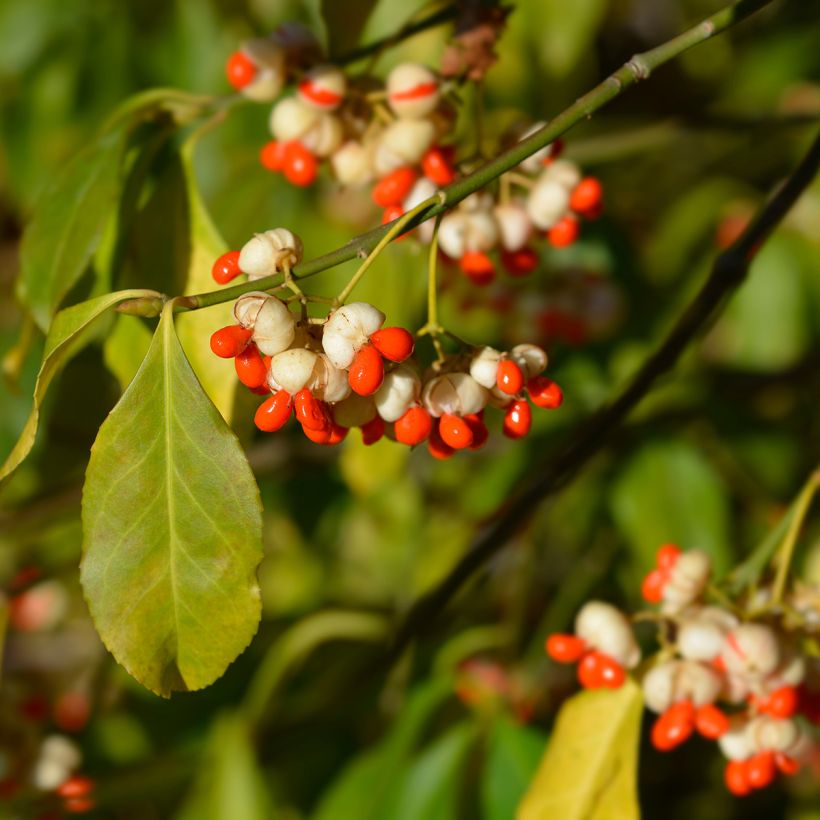

Plant habit
Flowering
Foliage
Botanical data
Euonymus
europaeus
Albus
Celastraceae
Western Europe
Planting and care
Hardy Euonymus 'Albus' will thrive best in a sunny location, but also in partial shade. It adapts well to any well-prepared and loosened soil. Once well rooted, the bush shows resistance to moderate summer drought periods. Prune if necessary in March.
Planting period
Intended location
Care
This item has not been reviewed yet - be the first to leave a review about it.
Similar products
Haven't found what you were looking for?
Hardiness is the lowest winter temperature a plant can endure without suffering serious damage or even dying. However, hardiness is affected by location (a sheltered area, such as a patio), protection (winter cover) and soil type (hardiness is improved by well-drained soil).

Photo Sharing Terms & Conditions
In order to encourage gardeners to interact and share their experiences, Promesse de fleurs offers various media enabling content to be uploaded onto its Site - in particular via the ‘Photo sharing’ module.
The User agrees to refrain from:
- Posting any content that is illegal, prejudicial, insulting, racist, inciteful to hatred, revisionist, contrary to public decency, that infringes on privacy or on the privacy rights of third parties, in particular the publicity rights of persons and goods, intellectual property rights, or the right to privacy.
- Submitting content on behalf of a third party;
- Impersonate the identity of a third party and/or publish any personal information about a third party;
In general, the User undertakes to refrain from any unethical behaviour.
All Content (in particular text, comments, files, images, photos, videos, creative works, etc.), which may be subject to property or intellectual property rights, image or other private rights, shall remain the property of the User, subject to the limited rights granted by the terms of the licence granted by Promesse de fleurs as stated below. Users are at liberty to publish or not to publish such Content on the Site, notably via the ‘Photo Sharing’ facility, and accept that this Content shall be made public and freely accessible, notably on the Internet.
Users further acknowledge, undertake to have ,and guarantee that they hold all necessary rights and permissions to publish such material on the Site, in particular with regard to the legislation in force pertaining to any privacy, property, intellectual property, image, or contractual rights, or rights of any other nature. By publishing such Content on the Site, Users acknowledge accepting full liability as publishers of the Content within the meaning of the law, and grant Promesse de fleurs, free of charge, an inclusive, worldwide licence for the said Content for the entire duration of its publication, including all reproduction, representation, up/downloading, displaying, performing, transmission, and storage rights.
Users also grant permission for their name to be linked to the Content and accept that this link may not always be made available.
By engaging in posting material, Users consent to their Content becoming automatically accessible on the Internet, in particular on other sites and/or blogs and/or web pages of the Promesse de fleurs site, including in particular social pages and the Promesse de fleurs catalogue.
Users may secure the removal of entrusted content free of charge by issuing a simple request via our contact form.
The flowering period indicated on our website applies to countries and regions located in USDA zone 8 (France, the United Kingdom, Ireland, the Netherlands, etc.)
It will vary according to where you live:
- In zones 9 to 10 (Italy, Spain, Greece, etc.), flowering will occur about 2 to 4 weeks earlier.
- In zones 6 to 7 (Germany, Poland, Slovenia, and lower mountainous regions), flowering will be delayed by 2 to 3 weeks.
- In zone 5 (Central Europe, Scandinavia), blooming will be delayed by 3 to 5 weeks.
In temperate climates, pruning of spring-flowering shrubs (forsythia, spireas, etc.) should be done just after flowering.
Pruning of summer-flowering shrubs (Indian Lilac, Perovskia, etc.) can be done in winter or spring.
In cold regions as well as with frost-sensitive plants, avoid pruning too early when severe frosts may still occur.
The planting period indicated on our website applies to countries and regions located in USDA zone 8 (France, United Kingdom, Ireland, Netherlands).
It will vary according to where you live:
- In Mediterranean zones (Marseille, Madrid, Milan, etc.), autumn and winter are the best planting periods.
- In continental zones (Strasbourg, Munich, Vienna, etc.), delay planting by 2 to 3 weeks in spring and bring it forward by 2 to 4 weeks in autumn.
- In mountainous regions (the Alps, Pyrenees, Carpathians, etc.), it is best to plant in late spring (May-June) or late summer (August-September).
The harvesting period indicated on our website applies to countries and regions in USDA zone 8 (France, England, Ireland, the Netherlands).
In colder areas (Scandinavia, Poland, Austria...) fruit and vegetable harvests are likely to be delayed by 3-4 weeks.
In warmer areas (Italy, Spain, Greece, etc.), harvesting will probably take place earlier, depending on weather conditions.
The sowing periods indicated on our website apply to countries and regions within USDA Zone 8 (France, UK, Ireland, Netherlands).
In colder areas (Scandinavia, Poland, Austria...), delay any outdoor sowing by 3-4 weeks, or sow under glass.
In warmer climes (Italy, Spain, Greece, etc.), bring outdoor sowing forward by a few weeks.































